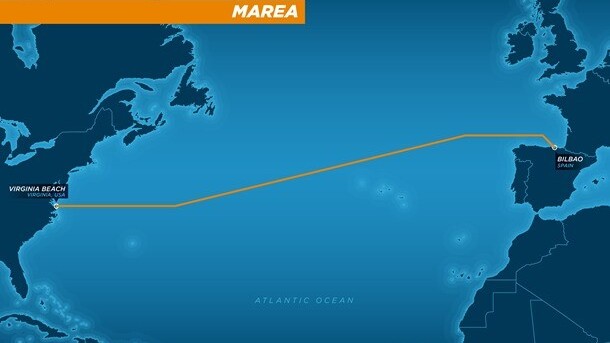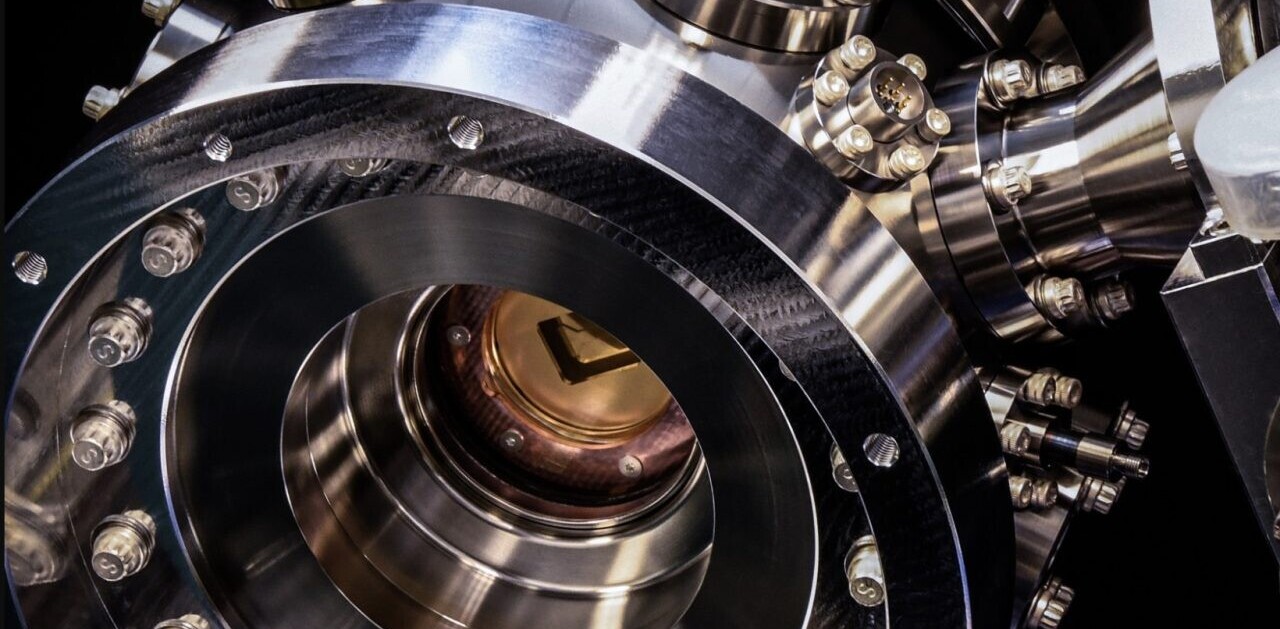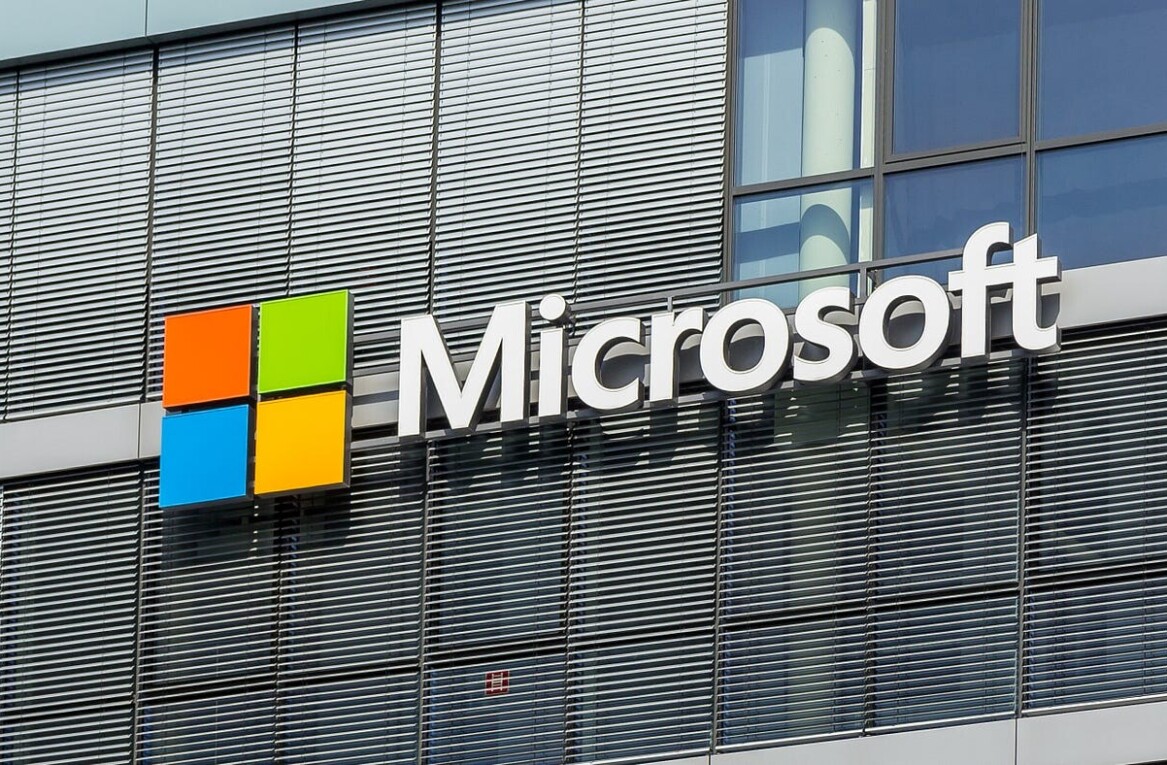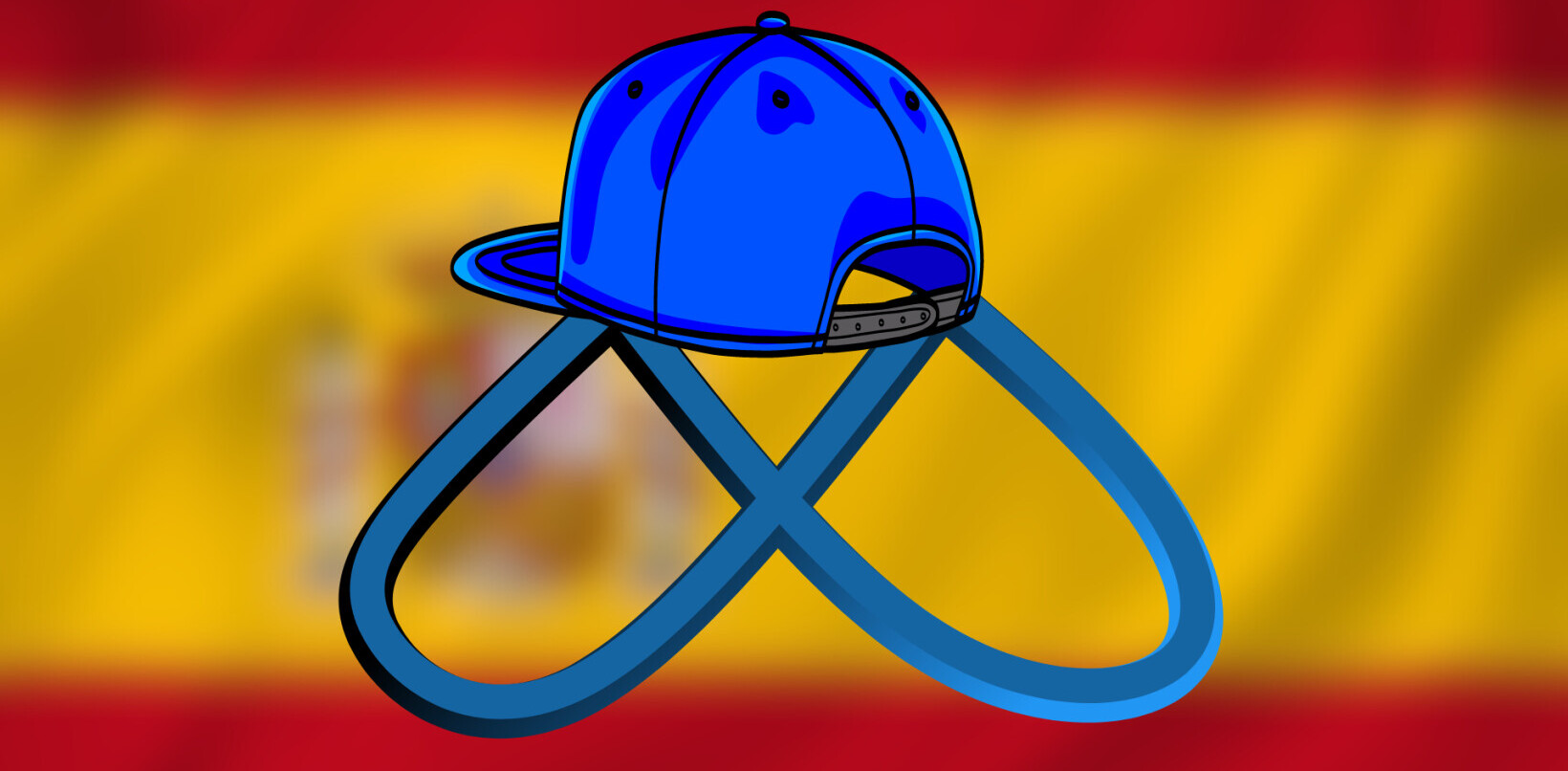
For all our reliance on cellular networks and Wi-Fi, the bulk of the internet is still built on good-old physical cables. As in, giant fiber optic cables that run under the entire Atlantic ocean. Now Microsoft and Facebook have teamed up to build the most powerful transatlantic cable yet.
Called MAREA, the cable is estimated to have a capacity of 160 terabytes per second at start, and is designed to be upgradeable as the technology improves.. The 6,600 kilometer cable will be managed and operated by Telxius – a newly minted telecommunications infrastructure company – and runs from Virginia, USA to Bilbao, Spain.
The point of it all? More reliable connections for everyone.
Most current transatlantic cables run from the New York and New Jersey to northern Europe. MAREA will be the first to connect the US to southern Europe, and will connect further to network hubs in Africa, the Middle East and Asia.
The companies hope some physical separation form existing connections will help allow for stronger, more reliable connections in these areas – not to mention offloading some bandwidth from current cables.
Construction for the MAREA will begin in August 2016, and the connection should be ready to go live in October 2017.
Get the TNW newsletter
Get the most important tech news in your inbox each week.





